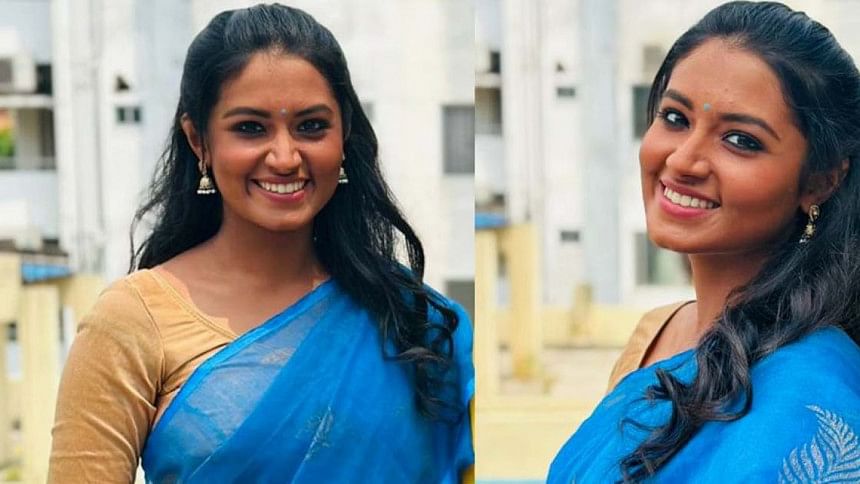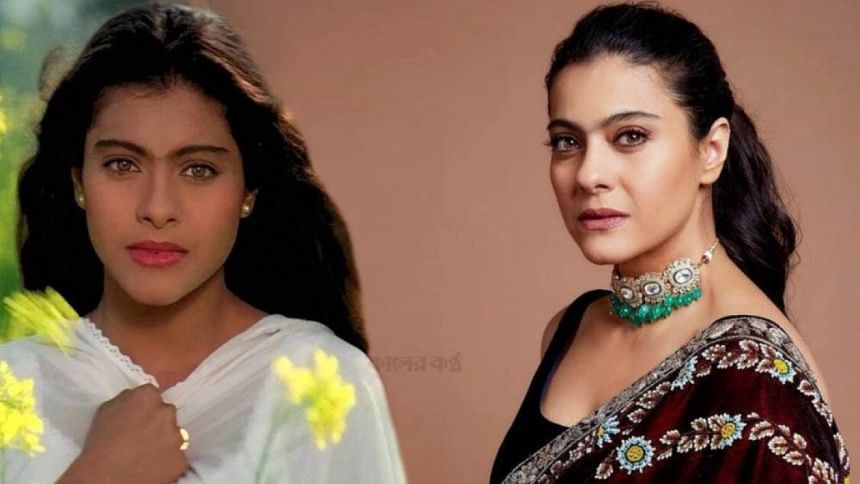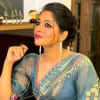Not ‘fair’ at all: Why are fair-skinned actors cast for dark-skinned characters?

In an industry spotlighting talent and storytelling, recent controversies have cast a harsh light on a persistent issue: colourism in casting. The latest uproar emerged when photos of popular actress Sabila Nur surfaced, displaying her intentionally darkened complexion for an upcoming drama, "Bidisha", which is slated to be released today, on the occasion of International Women's Day. Ironically, this deliberate alteration of the skin complex for the role contradicts the very essence of celebrating this day, sparking a crucial debate over the representation of skin complexion and societal standards.

It's a scenario all too familiar—fair-skinned actors are frequently cast in roles meant for darker-skinned characters. This discrepancy extends beyond skin tone, with age also often misrepresented, as younger actors are chosen to portray older characters. This trend particularly affects female artistes, exemplified by past instances featuring Tasnia Farin in "Nitur Jonno," Apu Biswas in "Chhayabrikkho", Tama Mirza in "Khachar Bhetor Ochin Pakhi", Tanjim Saiara Totini in "Rongin Asha" and Jannatul Ferdous Oishee in "Adom", amongst other several projects.

When this correspondent started raising questions, the issue began to peel off like the layers of an onion, revealing multiple underlying complexities. Central to the debate is the pervasive influence of colorism, exacerbated by the commodification of fairness.
"For a very long time, I wanted to maintain a fair skin tone because of the expectations and pressure of society," shares Azmeri Haque Badhan. "I grew up in a society where the definition of beauty very much translates to being fair-skinned. Fair means 'pretty'."

Badhan further shares, "It took me 35 years as a woman to shift my perspective, deeply ingrained by societal norms since birth. Look at Bollywood—Kajol, for instance, felt compelled to change her complexion due to societal pressure. The stronghold of products like Fair and Lovely in the consumer market for so long is proof of these entrenched ideals."
The "Rehana Maryam Noor" actress emphasises on the glimmer of hope we can recognise amidst the ongoing process of change. "However, the scenario is gradually changing now. I've personally stopped using makeup several shades lighter. Embracing my natural complexion was a conscious choice, albeit one met with resistance. I faced and am still facing criticism and repulsion from the industry. But we need to bring change in our mindset against outdated beauty standards."

The evolution of perspectives on this issue is gradual but significant. Actress Nazia Haque Orsha defends diverse casting choices, emphasising the importance of accurately representing marginalised communities. "As artistes, sometimes we are required to agree to such roles for the sake of our work," she reflects. "Portraying diverse characters is part of our profession. If I'm representing a marginalised or specific community, for example, someone from a fishing community who is mostly exposed to the sun, I'm willing to play such roles."
"However, if the plot or character doesn't call for any specific complexion, I'm not okay with toning down the skin complexion for a character," she adds.
Actress Samira Khan Mahi also shared that she was toned up with make-up for characters that didn't even require a fair-skinned complexion, even for the sake of the plot. However, she highlights the persistence of antiquated beauty standards, asserting that fair skin is still synonymous with glamour in the industry.

"We still have this notion that heroines have to be fair-skinned, because we still somehow associate beauty and glamour with a fair skin complexion," she notes.
According to the female artistes, their influence on casting decisions is minimal. The control primarily rests with directors, producers, and platform owners, who prioritise individuals with established popularity and adherence to conventional beauty standards. They are rarely interested in endorsing a female artiste who is dark-skinned or has less popularity amongst the audience. Consequently, there is a reluctance to cast darker-skinned actresses due to perceived audience preferences and a desire to mitigate risks.

When confronted with these concerns, directors like Mostafa Kamal Raz, who helmed two such projects ("Bidisha" and "Nitur Jonno") remain unapologetic, defending their casting decisions as artistic prerogatives. "We need actors who can perform, the complexion doesn't matter," he insists. "If we choose people who already possess the characteristics of that character, then how can we call it acting?"
The director confidently stated that there were no talented female artistes in the industry with dark complexions. He further pointed, "Had I chosen a dark-skinned actress for that role instead of a fair one, you wouldn't be asking for my comment."
Furthermore, the director adamantly defended his casting choice, insisting that he found Sabila Nur the most suitable to portray the character in "Bidisha". Dismissing concerns about public demand, he asserted, "I don't work to cater to the audience's whims. As a filmmaker, I rely on my instincts and strive to create work that connects with audiences."

Asserting his authority in casting decisions, Mostafa Kamal Raz emphasised, "It's up to me whom to cast. I hold no accountability or owe anyone an explanation." He defended his choice by stating that acting involves portraying someone different from oneself. "If Sabila, a beautiful [fair-skinned] actress, could embody the character of a dark-skinned female, I would call that acting."

When talking about his responsibility as a filmmaker in shaping societal views, he said, "There's no hard and fast rule dictating that I must cast a dark-skinned actress for a role requiring it. It's my credit as a maker that I could adapt a fair-skinned actress to portray a darker-skinned character. Ultimately, the desires of the producers hold the most weight, as filmmaking is also a business."
The message from the director was loud and clear. So, this correspondent, feeling the lack of knowledge and appropriate words to respond, decided to cut the conversation short.
However, their assertions underline a systemic issue—limited representation and reluctance to challenge societal norms. This perpetuates a cycle where dark-skinned actors are sidelined, and audiences are denied authentic portrayals.

In this age of enlightenment and inclusivity, it's imperative for filmmakers to dismantle antiquated casting procedures and embrace diversity authentically. By challenging eurocentric beauty standards and prioritising equal opportunity, the film industry can pave the way for genuine representation.
As we commemorate International Women's Day and reflect on the strides made towards gender equality, let's extend our efforts to all facets of society. True progress lies in confronting uncomfortable truths and championing inclusivity in every narrative we shape. It's time to leave behind the confines of archaic standards and embracing our body, complexion and the beauty of diversity.

 For all latest news, follow The Daily Star's Google News channel.
For all latest news, follow The Daily Star's Google News channel. 








Comments